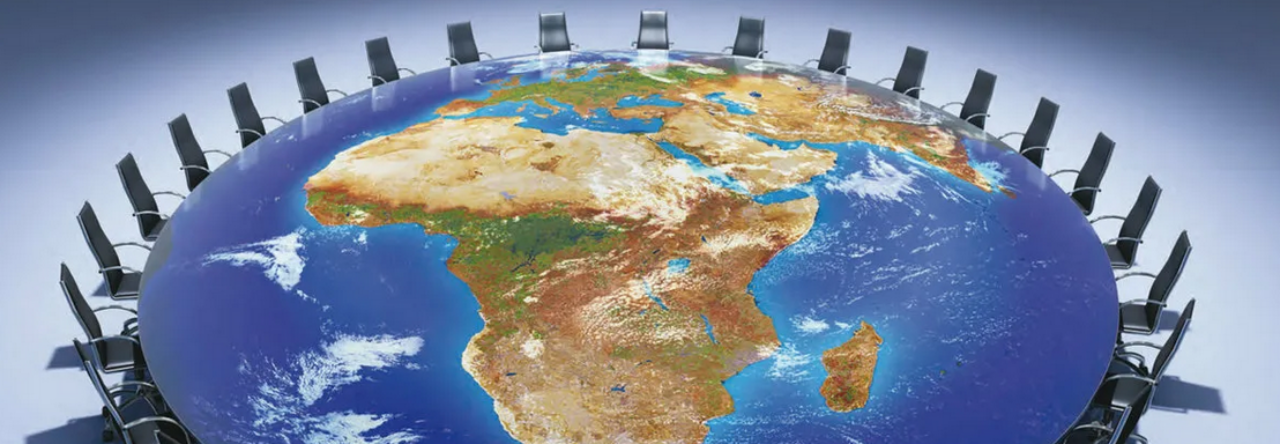Vocabulary and notes
To beat smb to the punch — to do something before somebody else is able to
To ensure the sanctity of the vote — guarantee that the right to vote is valued and respected in society
To permeate society — affects every part of society or is present throughout it
Bill Cheswick – computer security and networking researcher, started the Internet Mapping Project in 1997 and since 1998 has collected processed and visualized the Internet data to illustrate and map corporate and government networks.
https://en.wikipedia.org/wiki/Internet_Mapping_Project
http://www.cheswick.com/ches/index.html
The Great Firewall of China — is the combination of legislative actions and technologies enforced by the People’s Republic of China to regulate the Internet domestically. Its role in Internet censorship in China is to block access to selected foreign websites and to slow down cross-border internet traffic. The effect includes: limiting access to foreign information sources, blocking foreign internet tools (e.g. Google search, Facebook, Twitter, Wikipedia, and others) and mobile apps, and requiring foreign companies to adapt to domestic regulations.
https://en.wikipedia.org/wiki/Great_Firewall
Watch the TED talk and answer the following questions:
1. What does the example in the introduction illustrate? What transforms technological capital into social capital?
2. How does the speaker back up his claim that we are experiencing the largest increase in expressive capability in human history?
3. How many periods that would qualify as “media revolution” does the speaker single out? What are these periods?
4. What media landscape dominated in the 20th century?
5. What are the three big changes in the media today?
6. Why is it getting increasingly harder for the Chinese authorities to censor the Internet?
7. What are the characteristic features of the media in the 21st ct?
8. What makes a really mature use of media?
Formulate the topic and the thesis of the talk
Discuss the following:
With this shift from professional media to amateur ones, when the former audience largely become participants in the process of crafting messages, is it likely that the world will see the demise of journalism as profession?
